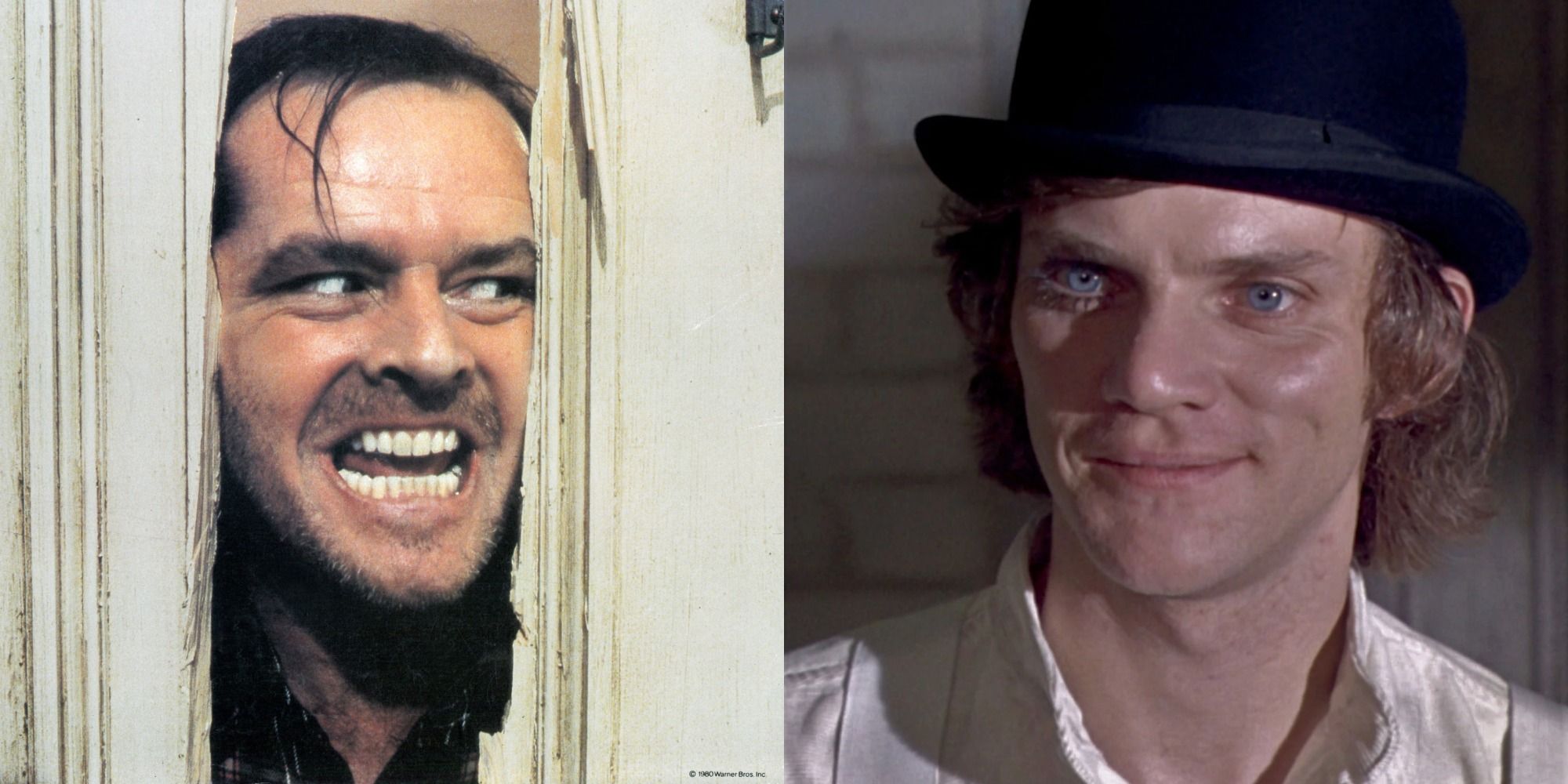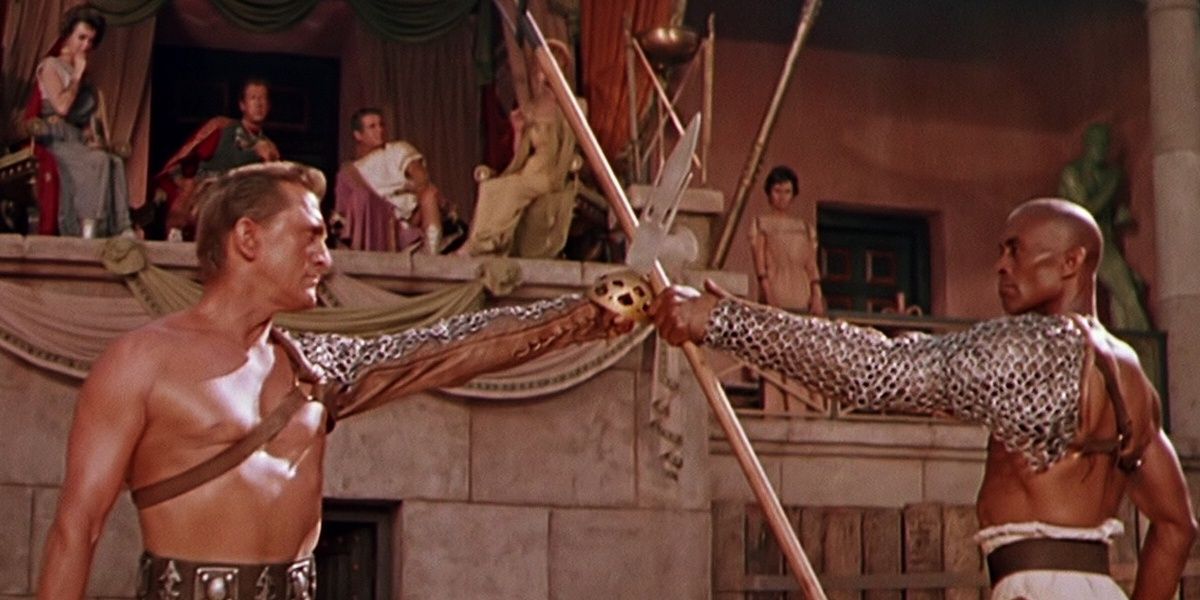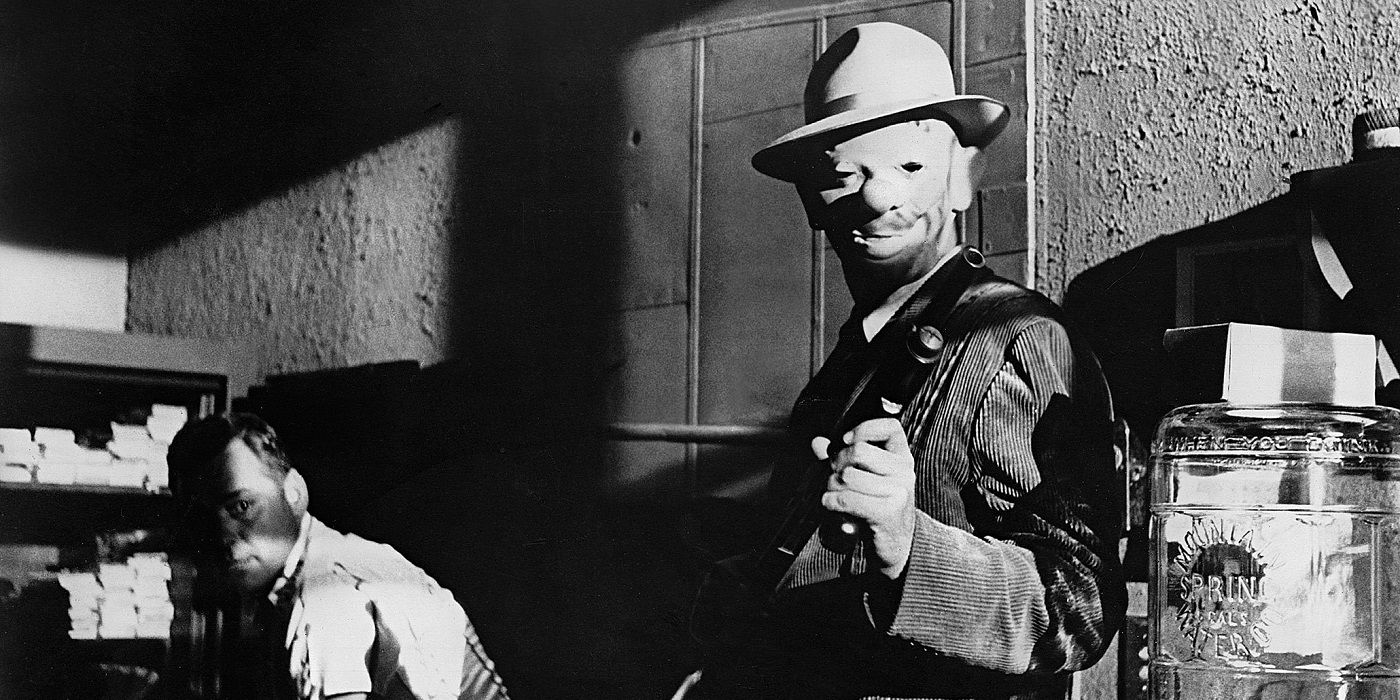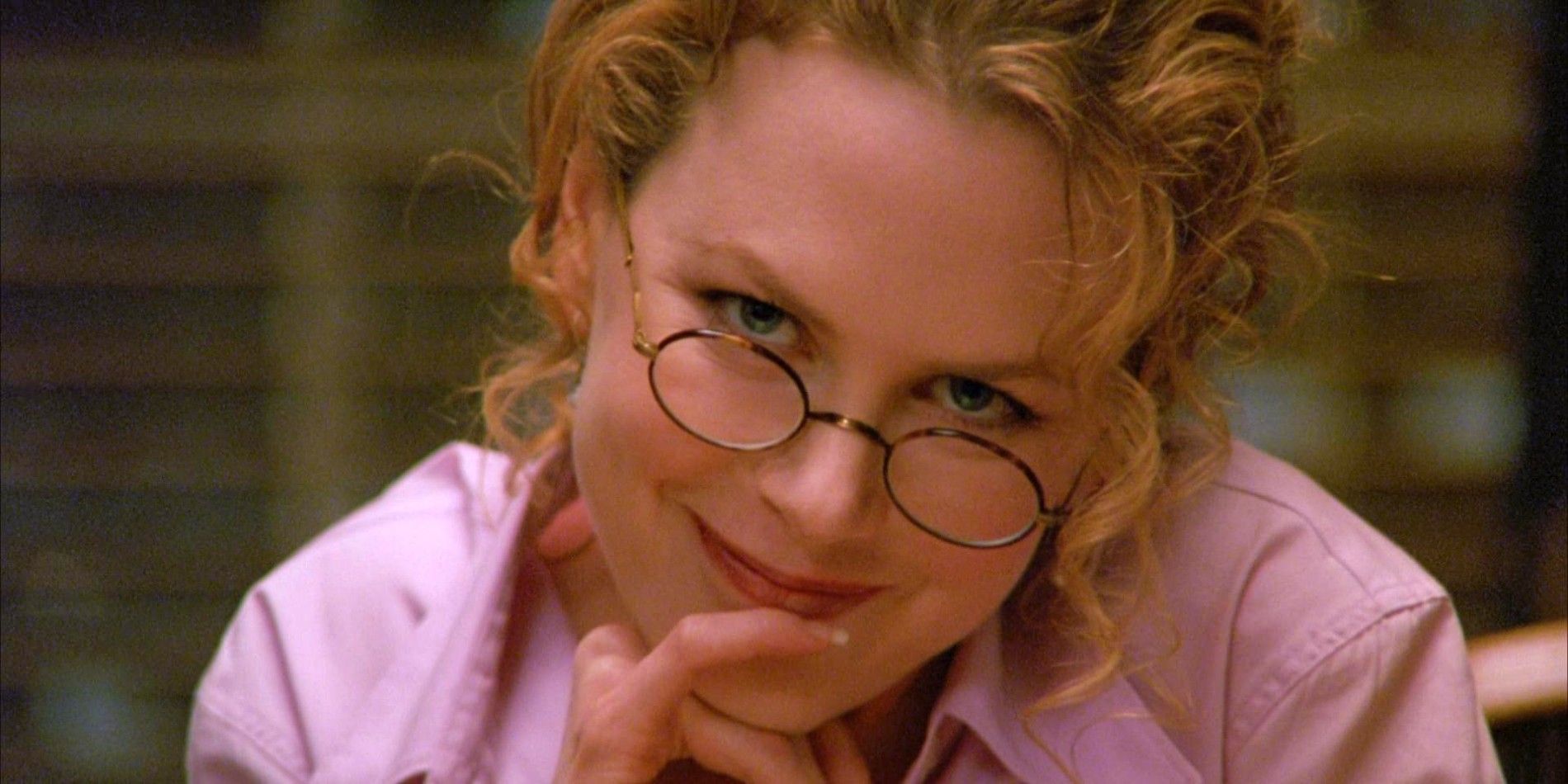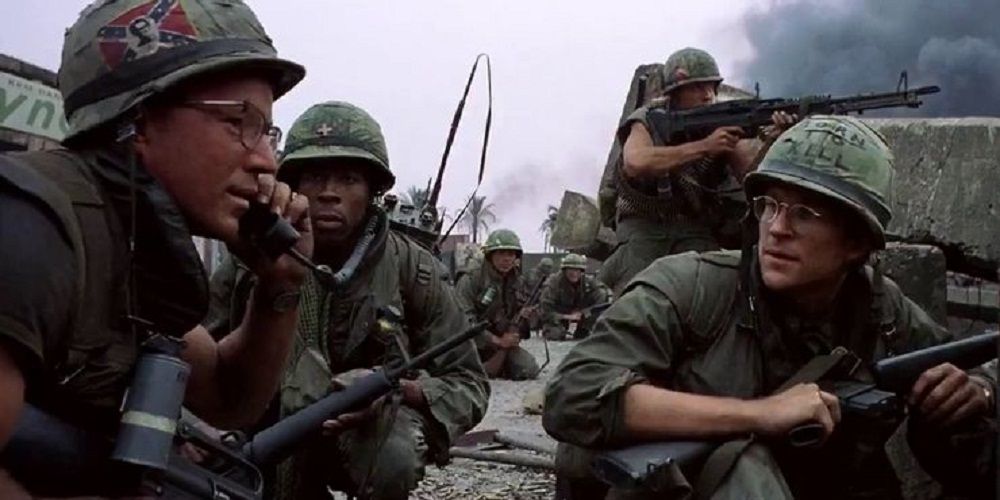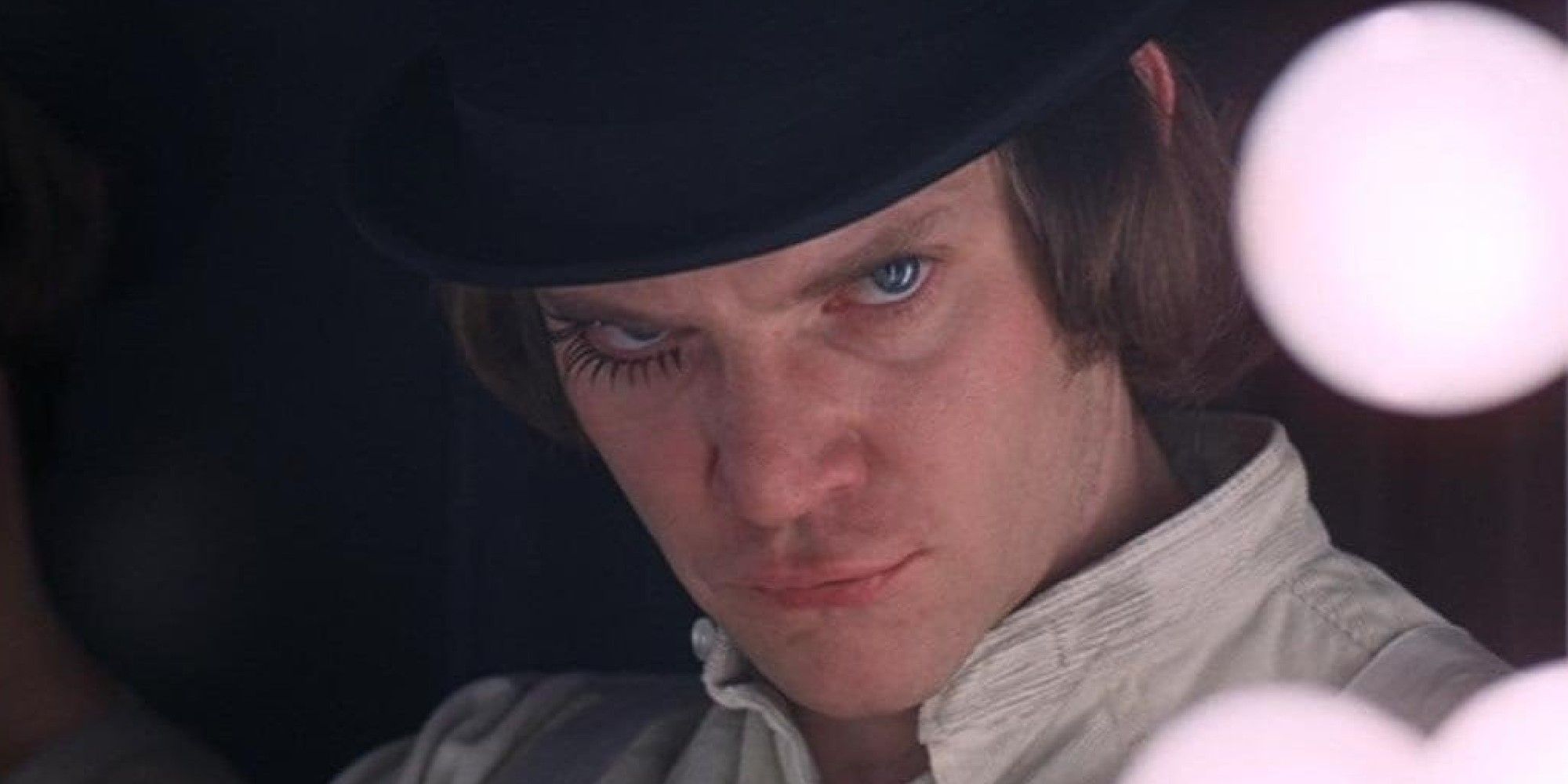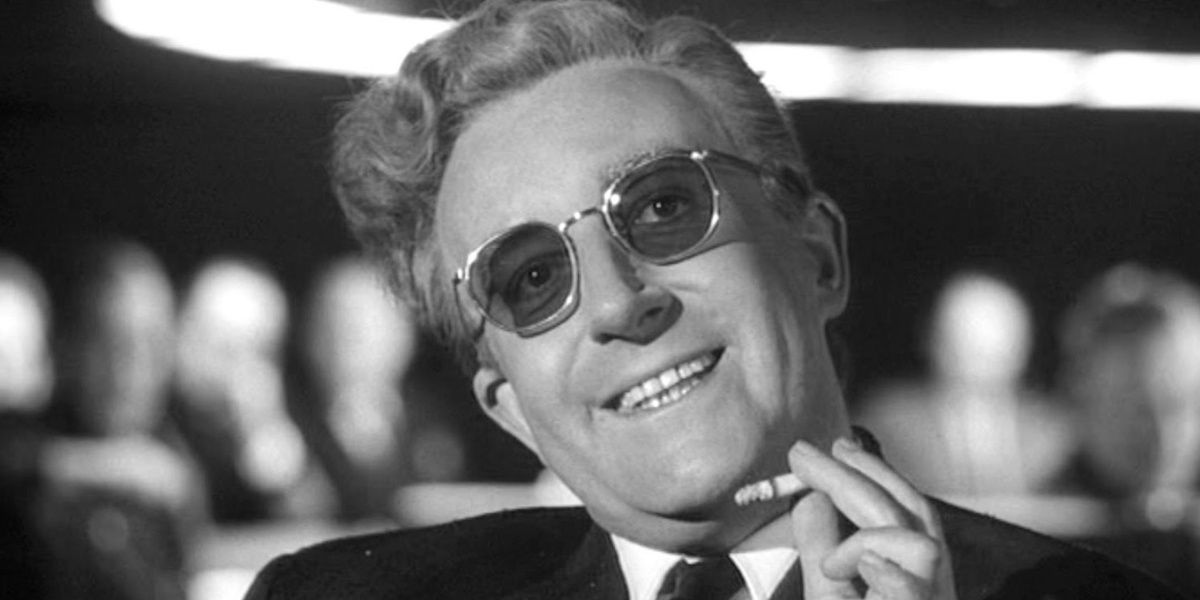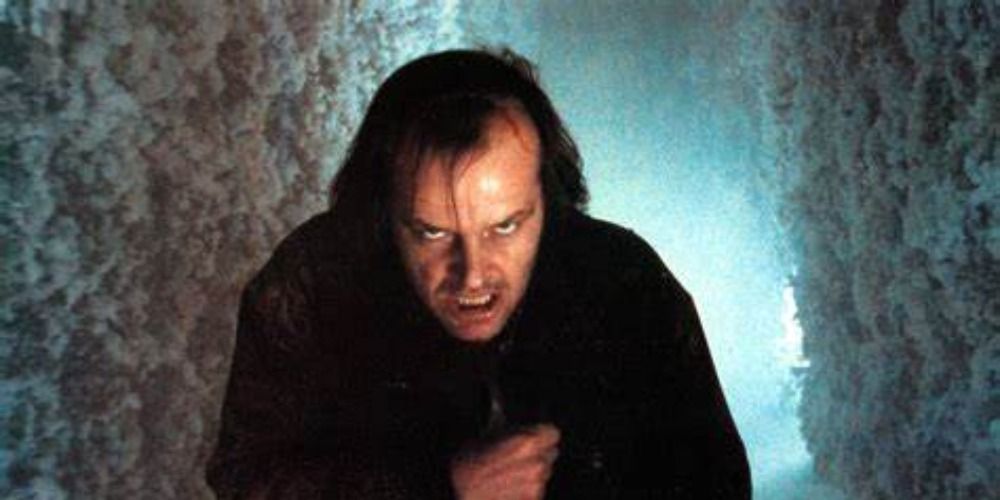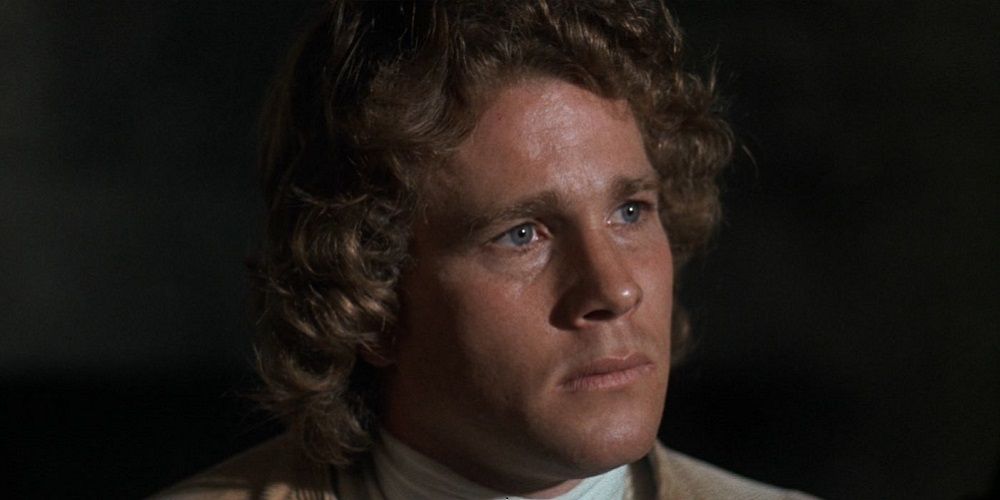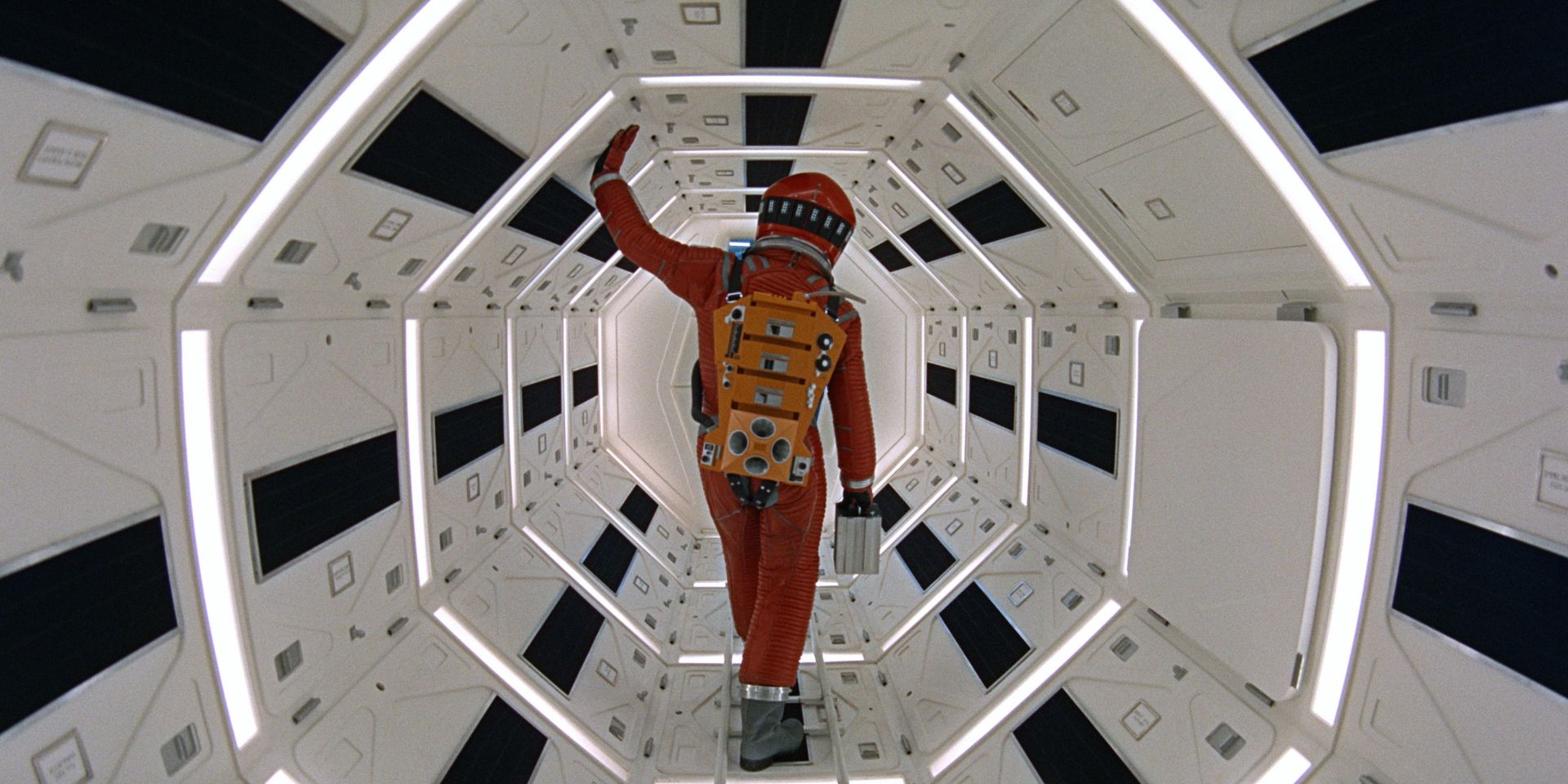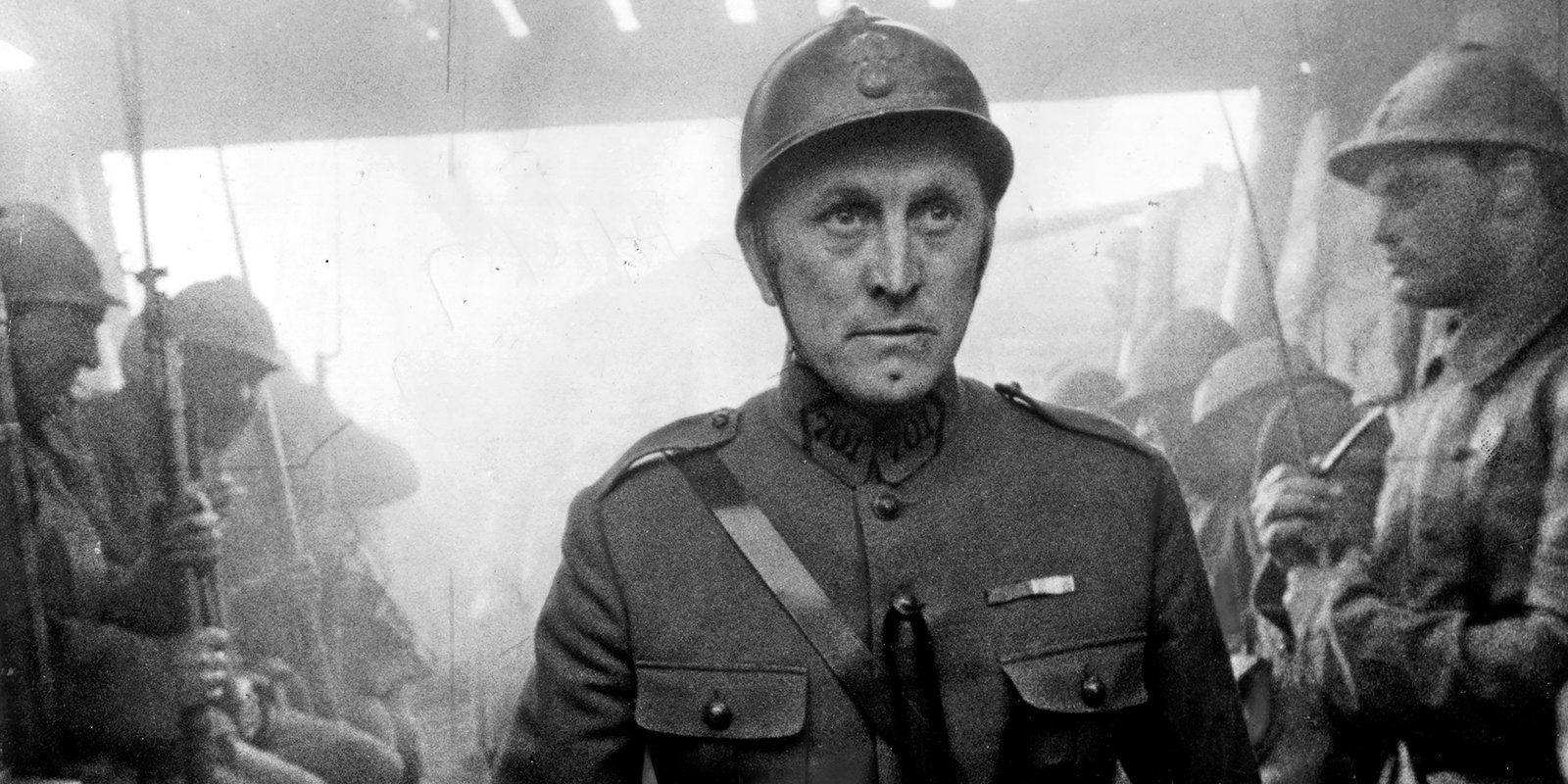With the Oscars quickly approaching, it is only right to take a look at one of the most celebrated and interesting directors of all time: Stanley Kubrick. With 13 nominations (and surprisingly only one win), Kubrick was no stranger to award shows and praise, but like all directors, some of his films are better than others.
Stanley Kubrick has directed a number of films in a career that lasted almost 50 years. It is difficult to rank these films, but the thousands of reviews provided via Letterboxd make it possible.
Spartacus (1960) - 3.7/5
Spartacus follows a slave-turned-gladiator named Thracian Spartacus. He turns on his trainer and leads the other slave-gladiators in a rebellion for their freedom in the hopes of returning to their homes.
The 1960 film is no exception in Kubrick's incredible filmography. With performances from the great Kirk Douglas as Thracian Spartacus and Laurence Olivier as Marcus Licinius Crassus, it is still impressive more than 60 years later. With themes of human rights told through an epic and historical story, it is one of Kubrick's many must-sees.
The Killing (1956) - 3.9/5
The Killing follows long-time criminal Johnny Clay as he gets a ragtag band (including a corrupt cop) together for one last big job before he goes straight. Sherry, married to one of his cohorts, concocts her own scheme to steal from the thieves - and of course, things do not go as planned for anyone involved.
This crime thriller is an easy and enjoyable watch with just a mere 85-minute runtime. It includes excellent performances from Sterling Hayden as Johnny Clay and Coleen Gray as Fay and the two are more thrilling and exciting than most performances in the 2020s, easily catching new viewers by surprise.
Eyes Wide Shut (1999) - 4/5
Kubrick's final piece before his death in 1999, he sadly passed away before this film was released in September 1999. Eyes Wide Shut is a story about Dr. William Harford's obsession with having a sexual encounter upon hearing his wife has sexual fantasies about a man she once met. He stumbles upon an underground sex cult and is soon in too deep.
This film includes one of the best Tom Cruise performances of all time as Dr. William Harford, a perfectly cast Kubrick role. It was also one of the best Sydney Pollack performances as Victor Ziegler. The anxiety-inducing thriller keeps viewers on their toes and makes the 159-minute runtime fly by.
Full Metal Jacket (1987) - 4.1/5
The horror and emptiness of the Vietnam War told through two parts, Full Metal Jacket follows Private Joker (Matthew Modine) as he first makes his way through boot camp and then to the bloody fights in Vietnam. It's a chilling story about the dehumanizing effects that the Vietnam War had on the young soldiers that had to fight.
The film is excellent in its ability to capture the true nature of human degradation that took place during the Vietnam War for U.S. soldiers. With unforgettable performances from Vincent D'Onofrio as Private Pile and retired U.S. marine drill instructor, Ronald Lee Ermey as Gunnery Sergeant Hartman (one of Kubrick's best villains), the film is just as tough as it is entertaining to watch. Kubrick does not leave much to the audience to interpret in this piece and his message is fairly obvious.
A Clockwork Orange (1971) - 4.1/5
The only X-rated piece in Kubrick's filmography, A Clockwork Orange follows a group of delinquents in a dystopian English future with Alexander DeLarge as the leader of the pack. Violent, graphic, and horribly brutal, it is no wonder this movie continues to be a piece of discussion in 2022.
Stanley Kubrick proves that the lead in a film does not need to be likable or redeemable in any way in this film. Alexander DeLarge, brilliantly played by Malcolm McDowell, is the epitome of evil, yet the audience is still hooked on his journey. Expertly shot and directed, the opening credits can leave a new viewer with chills or one of Kubrick's darkest scenes can leave them horrified.
Dr. Strangelove Or: How I Learned To Stop Worrying And Love the Bomb (1964) - 4.2/5
Kubrick's only attempt at a comedy is nothing short of a home run. Dr. Strangelove is a satire about the tensions of the Cold War and the film revolves around General Jack D. Ripper setting a nuke for the Soviet Union. Politicians and generals in a war room hysterically move to stop the nuclear strike and prevent mass destruction worldwide.
This film proves Kubrick's ability to create a monumental success in whatever type of film he chooses. Peter Sellers gives an all-time performance covering three separate roles: the US president, Merkin Muffley, and the hilariously creepy ex-nazi scientist, Dr. Strangelove. George C. Scott steals a number of scenes as the outrageous and ridiculous General "Buck" Turgidson.
The Shining (1980) - 4.3/5
A horror/thriller, The Shining follows Jack Torrance after he accepts a job at the Overlook Hotel. Jack, along with his wife and son, must live in isolation at the hotel for the winter, but the family is unaware of the horrors that live within the hotel and the madness they will endure.
An excitingly terrifying watch whether it is your first or fourteenth time, Jack Nicholson as Jack Torrence is as entertaining as he is horrifying. His performance is enough of a reason to watch, but Kubrick's incredible direction and techniques raise the stakes and make it impossible to not be locked in.
Barry Lyndon (1975) - 4.3/5
In Barry Lyndon, an Irish man rises through the social ranks of 18th century England through his suaveness and sharpness. Winning the heart of a rich widow, he takes her dead husband's aristocratic position, transforming himself from Redmond Barry into the noble Barry Lyndon.
Cinematically beautiful, with incredible set pieces and costumes that are nothing short of perfect, Kubrick brings 18th century England back to life with this film and through his remarkable ability to tell stories. Featuring one of Kubrick's best opening scenes in his movies, highlighting his use of dark humor, this is another example of a film that only Kubrick could craft.
2001: A Space Odyssey (1968) - 4.3/5
A revolutionary piece in terms of its effects on filmmaking, 2001: A Space Odyssey was far ahead of its time. A strange object is found buried beneath the lunar surface and humanity sets off with the help of HAL 9000, humanity's most advanced supercomputer, to find where it came from.
With expert use of sight and sound to grip the audience, this film is aesthetically pleasing and does a great job of leaving the audience pondering its meaning after viewing. With themes of humanity, technology, and space, the film is relevant today and a marvel to think it was made nearly 60 years ago.
Paths Of Glory (1957) - 4.3/5
Paths of Glory follows an officer in the French Army as he defends three scapegoats who have been placed on trial for a failed offensive. A war drama, this piece of Kubrick's filmography gives a stern antiwar message through the creation of the horrors of war via cinema.
Kirk Douglas as Colonel Dax gives a chilling performance that helps create another film of Kubrick's that, decades later, feels like it could have been made this year. The film's incredibly tough portrayal of war led it to be banned in France until 1975 and it is one of the reasons the film is a 4.3 on Letterboxd.

